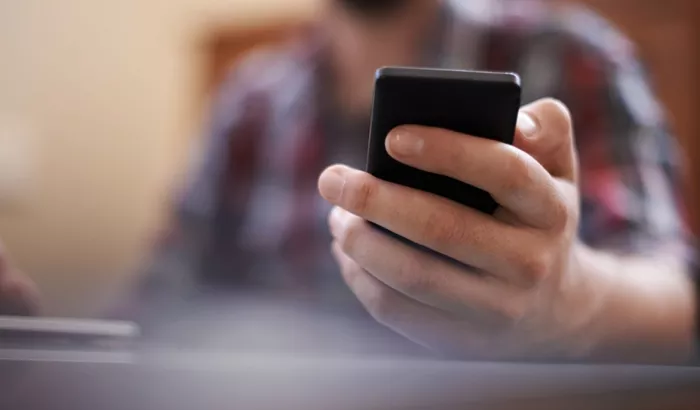Social media platforms like TikTok are flooded with viral wellness trends promising to reduce stress and boost happiness—from cortisol “cocktails” to digital escapism and sleepmaxxing. But do these popular life hacks actually benefit mental health?
Experts from UC San Diego weighed in on six trending coping strategies for Mental Health Awareness Month:
Brainrot and Digital Escapes
Watching endless short-form content, dubbed “brainrot,” can provide a low-stakes way to unwind. However, Dr. Ekta Patel warns that excessive consumption may desensitize the brain’s reward system, making everyday activities feel dull and potentially fostering emotional avoidance. The key is moderation and mindful use.
Cortisol Cocktails
These trendy drinks, mixing orange juice, sea salt, coconut water, and magnesium, claim to lower stress hormones. Endocrinologist Dr. Jodi Nagelberg says scientific evidence is limited and cautions against viewing such drinks as a cure for chronic stress. Addressing underlying stress causes remains crucial.
Sleepmaxxing
Stacking multiple sleep hacks—like weighted blankets, mouth taping, or eating kiwis—aims for perfect rest but may backfire. Psychiatrist Dr. Michael McCarthy notes that obsessive sleep anxiety can worsen insomnia. He recommends consistent sleep schedules and natural light exposure over unproven remedies.
Overall, experts urge users to approach viral mental health tips with critical thinking and prioritize evidence-based practices alongside self-care.
YOU MAY ALSO LIKE:
- New AI Model Predicts Postpartum Depression Risk Early and Accurately
- New Study Reveals How Brain Links Sound and Sight in Memories
- Higher McCance Brain Care Score Cuts Stroke Risk in Women, Study Finds


